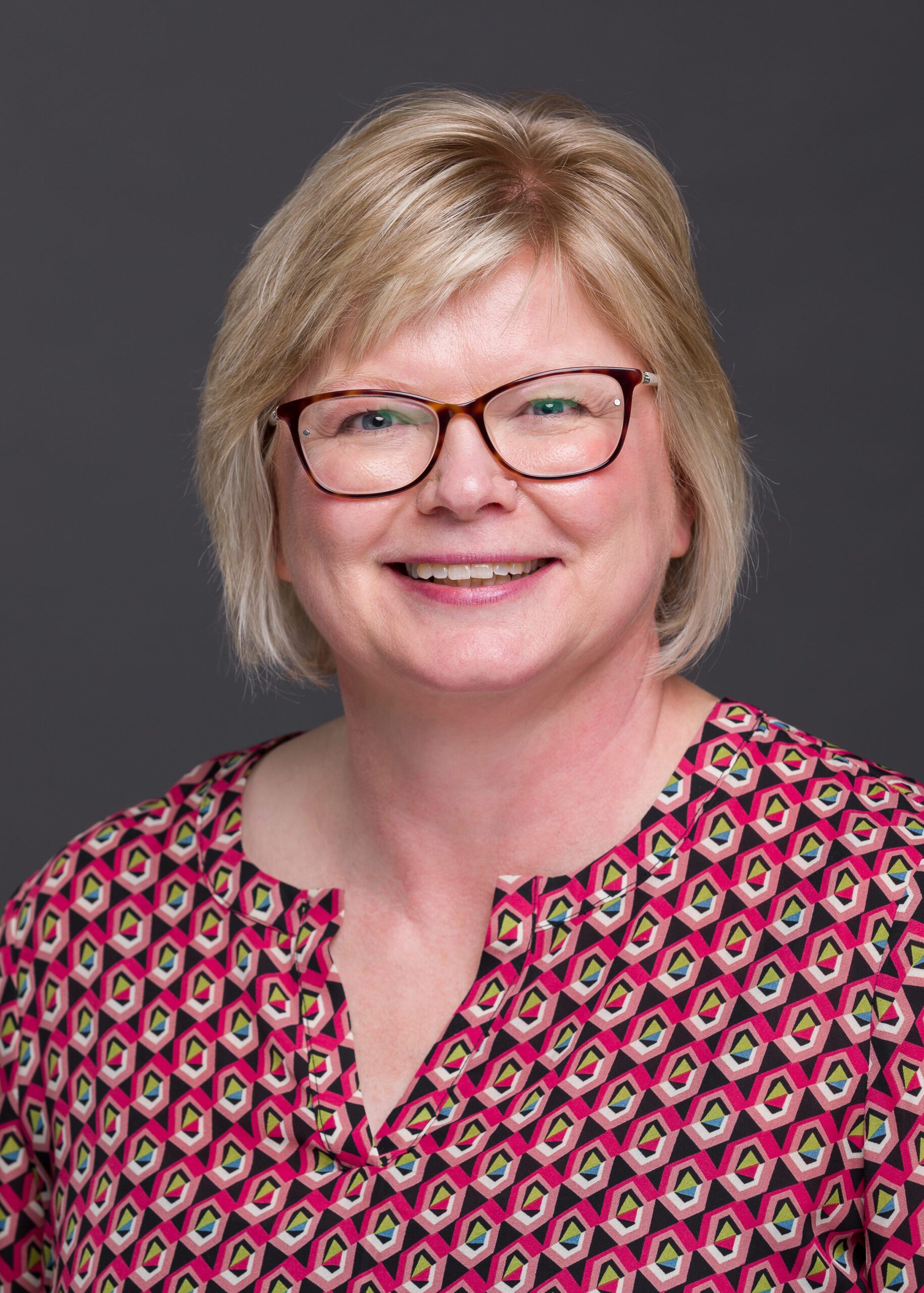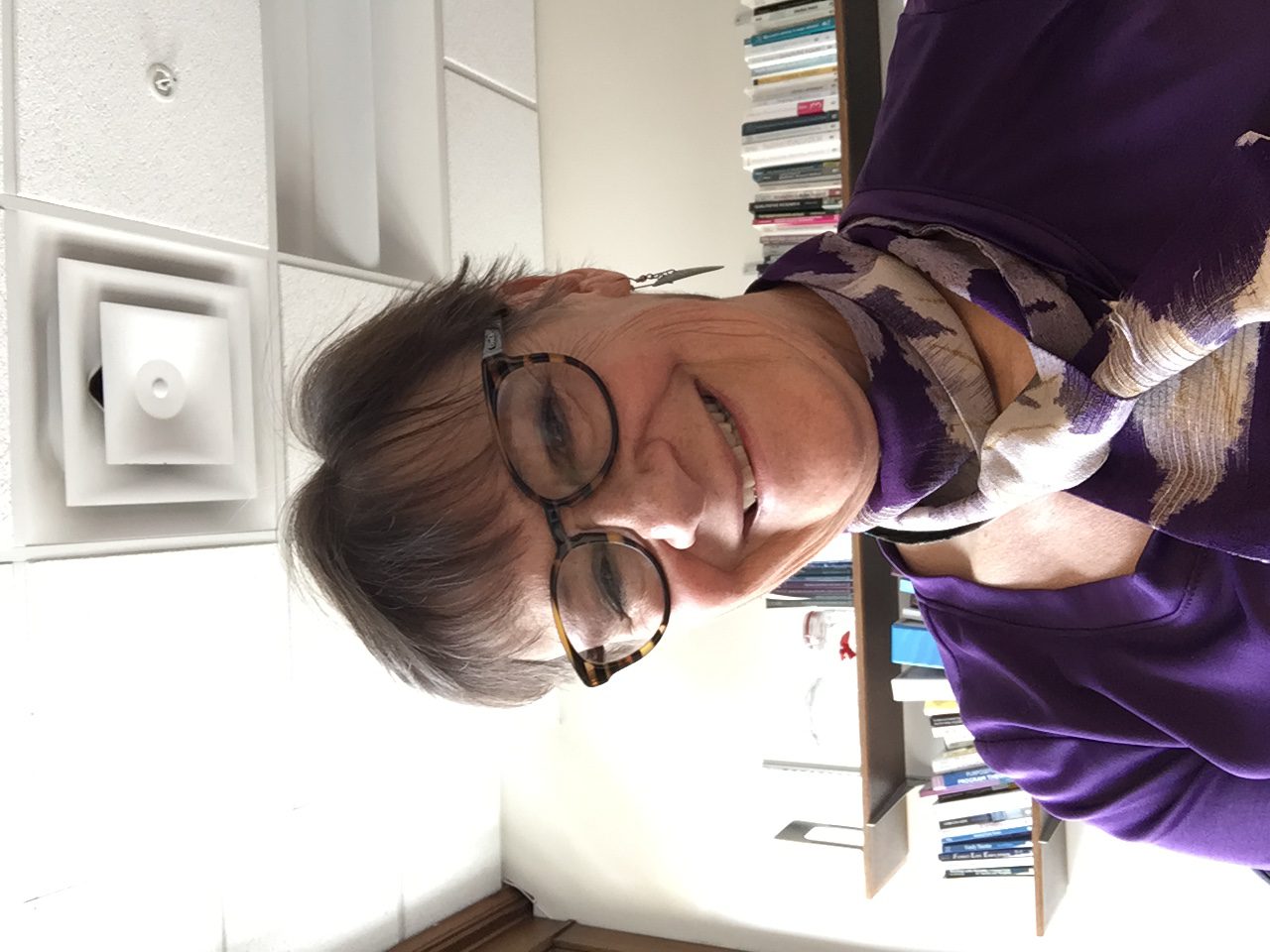By Karyn Santl and adapted by Karen Shirer
Becoming anti-racist or an ally of differently-abled persons is an ongoing learning and growth process. One action we can take is to build our skills to interrupt biases or stereotypes when encountering them.
Interruptions are:
- Often an attempt to stop a present or future harmful behavior
- Model respectful words and actions to others
- Create a safe space for the all
- Advocate for those oppressed by the behavior
- Support those being harmed
Interrupting oppressive and biased actions and words is a form of allyship. It shows you care and want people to be safe.
Resources on Interrupting Bias
Youth workers can role model interrupting biases as well as teach skills to interrupt. Two helpful resources for increasing our skills in this area are Speak Up at School by Learning for Justice, and the Toolkit for Interrupting Oppression by the Oregon Coalition Against Domestic and Sexual Violence.
The Speak Up at School guide gives these strategies to use at the moment when hurtful words or actions are taking place:
- Interrupt. Speak up against every biased remark or action.
- Question. Use simple, exploratory questions such as, “Why do you say that?” “What do you mean?” or “Tell me more.”
- Educate. Explain why the term or phrase is offensive.
- Echo. Be the second or third person to speak up.
The Interrupting Oppression Toolkit provides practical and useful examples for interrupting bias including:
- Ask for clarity. “By ‘crazy’ do you mean awesome? Unexpected? Wrong?”
- Voice your values. “Please refrain from using ableist language like dumb and lame.”
- Appeal to a sense of shared humanity. “How would that person or someone from that group feel if they heard you?”
- Fall back on rules or policies. “This is a place where it is not ok to use violent language.”
Many of us may feel frustrated when we hear biased language and fail to respond as we hoped. We can learn from these experiences and increase our skills to be ready to interrupt. What phrases or tools do you use to interrupt bias?
Call to Action
- Check out the resources provided in this blog post on interrupting bias.
- Take time to complete the OneOp 2022 Military Family Readiness Academy on Family Well-Being: Navigating the Social Justice Landscape. The academy provides various options for learning about diversity, equity, inclusion, and belonging. They include two recorded webinars; three self-paced, online courses; and a podcast series.
- Review Diversity, Equity, and Inclusion archived webinars on creating more inclusive youth programs:
- Listen to the podcast series Moving Toward Inclusive Practice with Dr. Anne Phibbs.
- Check-in on the children and youth in your life to see how they are doing.
References
- Dias, J. (2021, February 19). What Is Allyship? Your Questions Answered. Center for Creative Leadership. https://www.ccl.org/articles/leading-effectively-articles/what-is-allyship-your-questions-answered/
- Learning for Justice. (N.d.). Speak Up at School by Learning for Justice https://www.learningforjustice.org/magazine/publications/speak-up-at-school
- Oregon Coalition Against Domestic and Sexual Violence. (2018). Toolkit for Interrupting Oppression. https://www.ocadsv.org/sites/default/files/resource_pub/ocadsv_toolkit-for-interrupting-oppression_web.pdf
- The University of Michigan. (N.d.). Interrupting Bias: The PALs Approach [Infographic]. https://dos.uic.edu/wp-content/uploads/sites/262/2021/02/10-PALS-Interrupting-Bias.pdf
Writers Biography
 Karyn Santl a Regional Extension Educator Youth Development with expertise in youth development, volunteer systems, and the 4-H program. She has focused her work on equipping adults to develop quality youth development programs that develop a passion for learning in youth and provide youth with opportunities to lead. Karyn has extensive teaching experience with youth and adult volunteers and Extension professionals. She enjoys it when others see success in themselves.
Karyn Santl a Regional Extension Educator Youth Development with expertise in youth development, volunteer systems, and the 4-H program. She has focused her work on equipping adults to develop quality youth development programs that develop a passion for learning in youth and provide youth with opportunities to lead. Karyn has extensive teaching experience with youth and adult volunteers and Extension professionals. She enjoys it when others see success in themselves.
 Karen Shirer, previous Associate Dean of the University of Minnesota Extension Center for Family Development. Karen is also the parent of two adult daughters, a grandmother, a spouse, and a cancer survivor.
Karen Shirer, previous Associate Dean of the University of Minnesota Extension Center for Family Development. Karen is also the parent of two adult daughters, a grandmother, a spouse, and a cancer survivor.
Photo source: Pixabay
By Karyn Santl and adapted by Karen Shirer
Becoming anti-racist or an ally of differently-abled persons is an ongoing learning and growth process. One action we can take is to build our skills to interrupt biases or stereotypes when encountering them.
Interruptions are:
- Often an attempt to stop a present or future harmful behavior
- Model respectful words and actions to others
- Create a safe space for the all
- Advocate for those oppressed by the behavior
- Support those being harmed
Interrupting oppressive and biased actions and words is a form of allyship. It shows you care and want people to be safe.

truthseeker08/Pixabay
Resources on Interrupting Bias
Youth workers can role model interrupting biases as well as teach skills to interrupt. Two helpful resources for increasing our skills in this area are Speak Up at School by Learning for Justice, and the Toolkit for Interrupting Oppression by the Oregon Coalition Against Domestic and Sexual Violence.
The Speak Up at School guide gives these strategies to use at the moment when hurtful words or actions are taking place:
- Interrupt. Speak up against every biased remark or action.
- Question. Use simple, exploratory questions such as, “Why do you say that?” “What do you mean?” or “Tell me more.”
- Educate. Explain why the term or phrase is offensive.
- Echo. Be the second or third person to speak up.
The Interrupting Oppression Toolkit provides practical and useful examples for interrupting bias including:
- Ask for clarity. “By ‘crazy’ do you mean awesome? Unexpected? Wrong?”
- Voice your values. “Please refrain from using ableist language like dumb and lame.”
- Appeal to a sense of shared humanity. “How would that person or someone from that group feel if they heard you?”
- Fall back on rules or policies. “This is a place where it is not ok to use violent language.”
Many of us may feel frustrated when we hear biased language and fail to respond as we hoped. We can learn from these experiences and increase our skills to be ready to interrupt. What phrases or tools do you use to interrupt bias?
Call to Action
- Check out the resources provided in this blog post on interrupting bias.
- Take time to complete the OneOp 2022 Military Family Readiness Academy on Family Well-Being: Navigating the Social Justice Landscape. The academy provides various options for learning about diversity, equity, inclusion, and belonging. They include two recorded webinars; three self-paced, online courses; and a podcast series.
- Review Diversity, Equity, and Inclusion archived webinars on creating more inclusive youth programs:
- Listen to the podcast series Moving Toward Inclusive Practice with Dr. Anne Phibbs.
- Check-in on the children and youth in your life to see how they are doing.
References
- Dias, J. (2021, February 19). What Is Allyship? Your Questions Answered. Center for Creative Leadership. https://www.ccl.org/articles/leading-effectively-articles/what-is-allyship-your-questions-answered/
- Learning for Justice. (N.d.). Speak Up at School by Learning for Justice https://www.learningforjustice.org/magazine/publications/speak-up-at-school
- Oregon Coalition Against Domestic and Sexual Violence. (2018). Toolkit for Interrupting Oppression. https://www.ocadsv.org/sites/default/files/resource_pub/ocadsv_toolkit-for-interrupting-oppression_web.pdf
- The University of Michigan. (N.d.). Interrupting Bias: The PALs Approach [Infographic]. https://dos.uic.edu/wp-content/uploads/sites/262/2021/02/10-PALS-Interrupting-Bias.pdf

Karyn Santl
Karyn Santl a Regional Extension Educator, Youth Development with expertise in youth development, volunteer systems, and the 4-H program. She has focused her work on equipping adults to develop quality youth development programs that develop a passion for learning in youth and provide youth with opportunities to lead. Karyn has extensive teaching experience with youth and adult volunteers and Extension professionals. She enjoys it when others see success in themselves.

Karen Shirer, Ph.D
Karen Shirer is a member of the One Op Family Transitions Team and was previously the Associate Dean of the University of Minnesota, Extension Center for Family Development. Karen is also the parent of two adult daughters, a grandmother, a spouse, and a cancer survivor.
You may find more blogs, podcasts, and webinars from Family Transitions. We invite you to engage with Family Transitions on Twitter @OneOpFT and with OneOp on Facebook.















